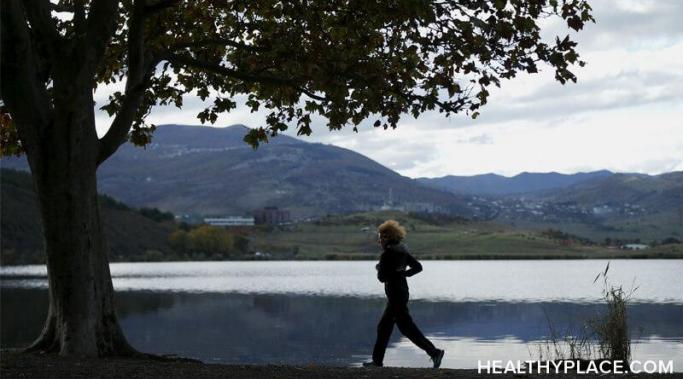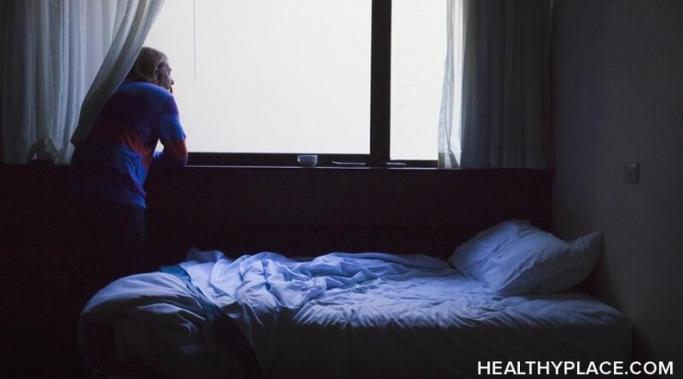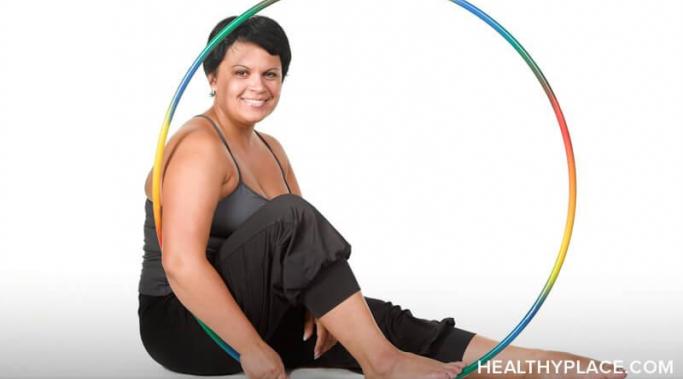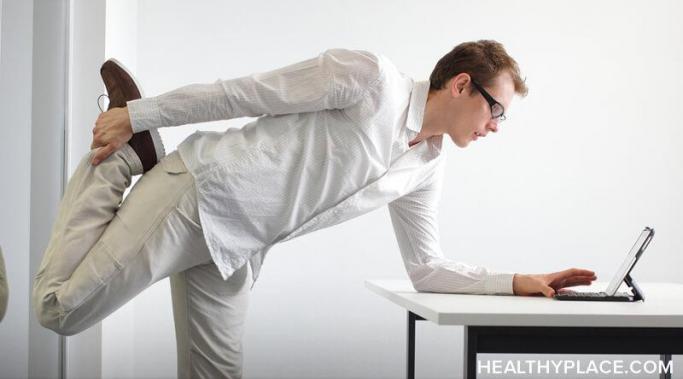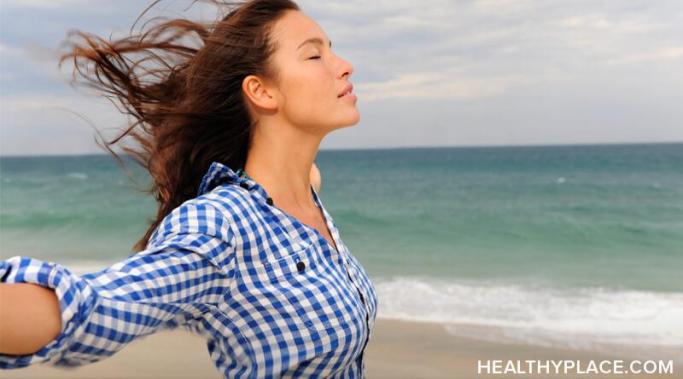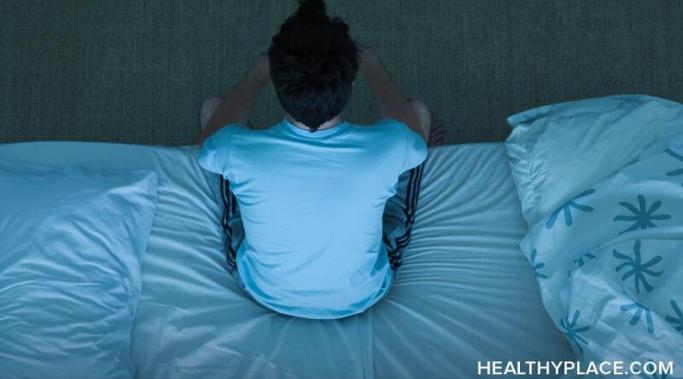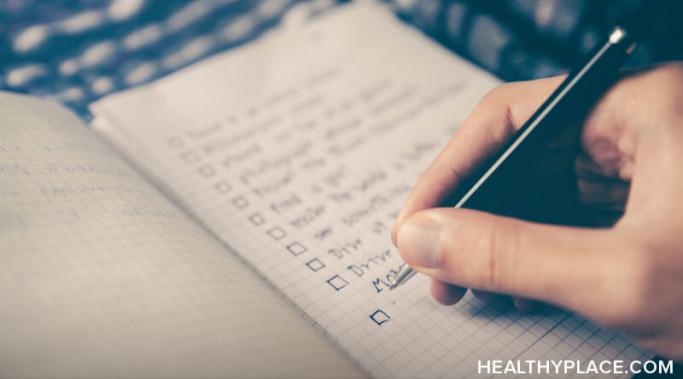I’m far from the first person to discuss the above topic. However, I feel it is important to continually raise awareness of the social causes of anxiety until those causes are recognized more broadly.
Anxiety Symptoms – Anxiety Schmanxiety
It can be difficult to release anxiety and reduce anxiety symptoms because anxiety is a total-body experience. It has a way of working its way deep into our body and slinking around our mind. Anxiety can be a painful experience, with a host of physical symptoms, negative thoughts, and unsettling emotions. It can make us feel both tired and wired, drained and agitated at the same time, as though we might jump right out of our own skin but collapse with exhaustion while we're doing it. I've discovered that a key part of managing anxiety and replacing it with a pervasive sense of calm contentment is to exercise in a variety of ways. Keep reading to learn about moving your body to release anxiety and reduce anxiety symptoms.
Many people experience both anxiety and depression, and I'm one of them. About a month ago, I had what’s called a major depressive episode. Though I am not at my lowest point anymore, I am still dealing with the aftereffects of that episode and probably will for some time. This is not the first time I’ve had to deal with such an episode, so I think it is appropriate to devote an entry to attempt to come to terms with it. Please forgive me if I don’t sound enthused; my drive continues to be shot. Despite that, I will do the best I can.
The body holds a great deal of anxiety. Anxiety is all-encompassing and takes place in the body as much as in the brain and mind. This means, of course, that we are susceptible to a host of anxiety symptoms from head to toe: racing thoughts and worries, roiling emotions, and physical sensations that make us anywhere from uncomfortable to ill. As annoying as this is, we can use it to our advantage, using our body to quiet our anxious mind.
It’s the middle of the summertime, and every day is hot and humid. I hate this time of year; I find this kind of weather so anxiety-provoking and draining.
Anxiety hangs out in the body as much as it does in the mind. Many of the symptoms of anxiety are physical because we are one whole, united system: brain, body, and mind. Because of this, our entire being--thoughts, emotions, and body--is impacted by stress and anxiety. As annoying and life-disruptive as this is, it means that we have multiple ways to find it and heal it. You can reduce your symptoms by working with your body. Here are some ways you can ease the anxiety in your body both immediately and long-term.
Is it possible to be thankful for anxiety? Since Thanksgiving is just around the corner, and it’s because it’s tempting to write about what I’m thankful for, I’m going to give in to that temptation. And because I’ve never been one to shy away from taking contentious positions, I’m going to go right out and say that I’m thankful that I have anxiety.
Releasing anxiety and stress from your body is as important as letting it go from your mind. Although we speak of "mind" and "body" separately, we're really one cohesive unit. When we're stressed, we're affected everywhere. When we're anxious, we feel it throughout our being. Therefore, working on the physical aspects of anxiety can have a positive ripple effect in your entire being, reducing physical symptoms as well as improving mood and thinking. Below, you'll find six ways to release anxiety and stress from your body.
All my life, I’ve struggled with stress -- similarly, all my life I’ve had a sensitive stomach. Occasionally, in what seems like the most random times, my stomach becomes upset for what seems like no reason at all. I had never really given it much thought until now, instead just accepting it as a random quirk of my body.
Here's an anxiety checklist that can help you define your relationship with anxiety. A big part of Mental Health Awareness Month, currently in full swing, is increasing understanding of all things mental health. This includes your own relationship with anxiety. It's useful to know what anxiety is, especially if you're experiencing uncomfortable symptoms but don't know if they are related to anxiety. You can use the below anxiety checklist to better understand your anxiety and then to strengthen your mental health.

